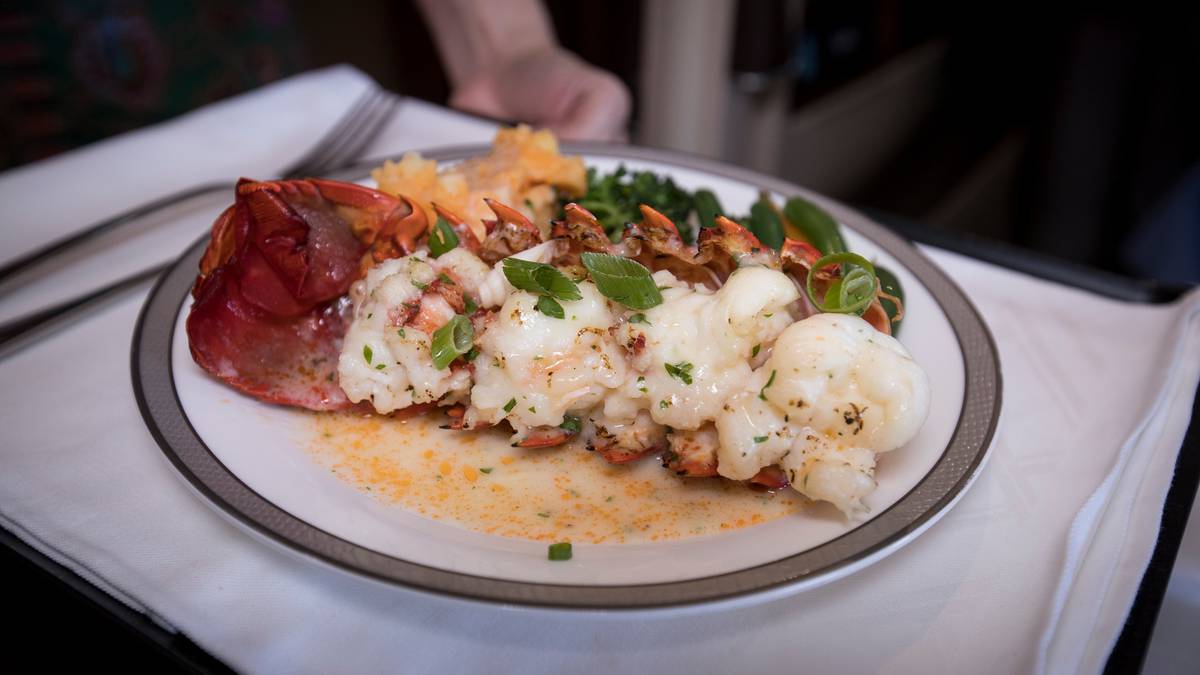OPINION
I needed a posh dish for something I was writing, a dish that would convey not only great expense but also a taste beyond the ordinary, something transcendent. I wrote lobster thermidor. Then stopped.
I had never eaten lobster thermidor. I did not know what the ingredients were, apart from, at a hazard, lobster. All I knew was its connotations of luxury, of near unattainability to hoi polloi. So I looked it up. It’s very French. It consists of lobster flesh and a sauce made with wine, cream, egg yolks and gruyere. In other words you and I already know exactly what it tastes like, which is upmarket macaroni cheese. Macaroni cheese is a fine thing but transcendent it is not.
So why the reputation? The credit goes to the lobster. Lobster is posh because it’s expensive. And it’s expensive because it’s rare. And it’s rare because it’s hard to catch. So if it were easy to catch it wouldn’t be rare or expensive or thought transcendent.
I once played in a squash tournament in Kaikoura. Kaikoura abounds in lobsters. The town is named after lobsters. And the club very kindly laid on a crockpot of lobster stew. It was no better or worse than a fish stew. The wonder had disappeared with the rarity. ‘If all the year were playing holidays, to sport would be as tedious as to work.’
It is the same with other ostensibly transcendent foodstuffs. I heard great things of artichoke hearts. The key word was heart. It implied a sumptuous vegetable butchery. Then I ate one. It was awkward to get at which may have contributed to its reputation. Once got at, however, a frozen pea would best it.
I’ve eaten millionaire-grade caviar. All I could taste were the dollar signs. I have not eaten lark’s tongues, but I have eaten song thrush. Song thrush is just bones. You crunch them rather than pick the flesh from them. Either way it’s not worth bothering.
I have not drunk, and do not plan to drink, the world’s most costly coffee. It’s made from beans that have passed through a particular species of wild cat. I am not making this up. The digestive process is supposed to imbue the beans with a je ne sais quoi. But je sais exactly quoi. What it imbues the beans with is merely rarity. The cats are few, the dung collectors fewer.
Advertisement
I once spent a year teaching English to a class of French adults. As a kindness and a thank you at the end of the year they took me to a gastronomic restaurant in the Vosges. There was no menu. The suitably fat proprietor came out from the kitchen to describe the food we’d get. There description was an art form. The dishes that followed were bound to disappoint. And they did, though I was not quite churl enough to say so.
I was reminded of Evelyn Waugh’s fantasy of the ideal meal which was to have a sequence of exquisite dishes passed beneath one’s nose and then taken away. Because the pleasure lay not in the grossness of consumption but in the suggestiveness of expectation, in the hope of transcendence.
There are many good things to eat and drink in this world and they are to be enjoyed. I myself wrote recently in celebration of cherries from Central. I may have laid it on a bit thick, but I never claimed they are transcendent things. No things are transcendent things. The search for edible transcendence is like the search for god.
Some years ago I was given a bottle of impossibly expensive wine. I kept it on a high shelf, took it down occasionally for people to coo at, but found no occasion that justified its consumption. Eventually, I tired of its immanence and took it along to dinner with friends. I announced it on arrival. This wine is god, I said. And everyone went ooh and ahhh and someone suggested we do a blind tasting. The sole non-drinker, a pregnant woman, took god and four other bottles to the kitchen and poured them into five identical glasses and called them a b c d and e. One by one we trooped into the kitchen to taste them all and rank them. God was b. When the results were totted up, god came fourth out of five.




